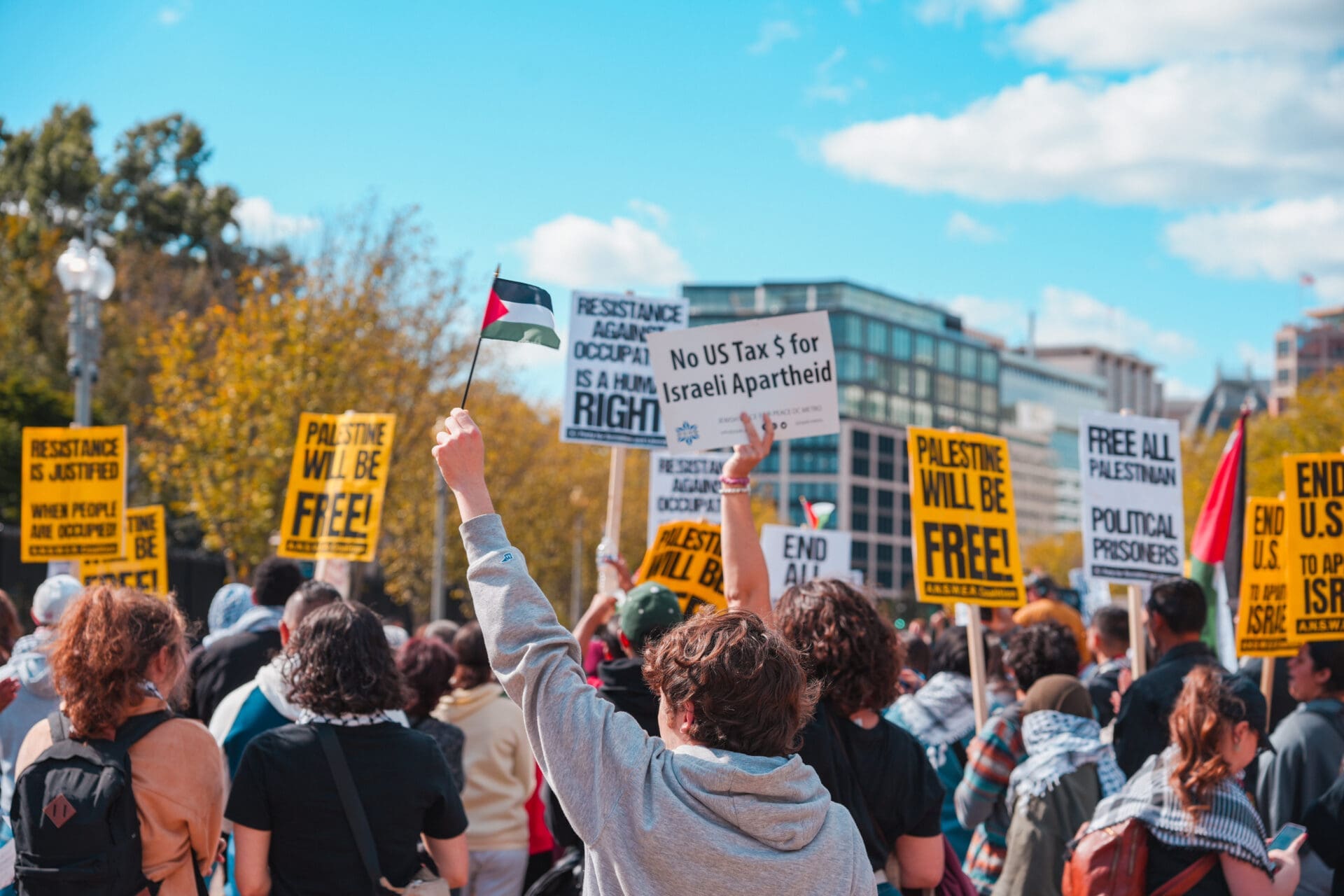
For decades, Israel has recognized the importance of information warfare in justifying the everyday violence of occupation, apartheid, and settler colonialism. Now they are using the same tactics in overdrive to justify and facilitate genocide. In just six months, Israeli forces have killed more than 33,000 Palestinians and left most of Gaza uninhabitable. Meanwhile, Israel’s most powerful benefactors continue to largely ignore growing public calls for a ceasefire and accountability. This could not have been achieved without the complicity of western journalists across Europe and the US, who have manufactured consent for their governments’ unconditional support of Israel by uncritically parroting Israeli military disinformation and outright propaganda.
In this policy lab, Laila Al-Arian and Abir Kopty join host Tariq Kenney-Shawa to discuss the role journalists and the media are playing in shielding Israel from accountability, what journalists should be doing to effectively and accurately cover the genocide, and how the public can navigate the world of Israeli disinformation.










